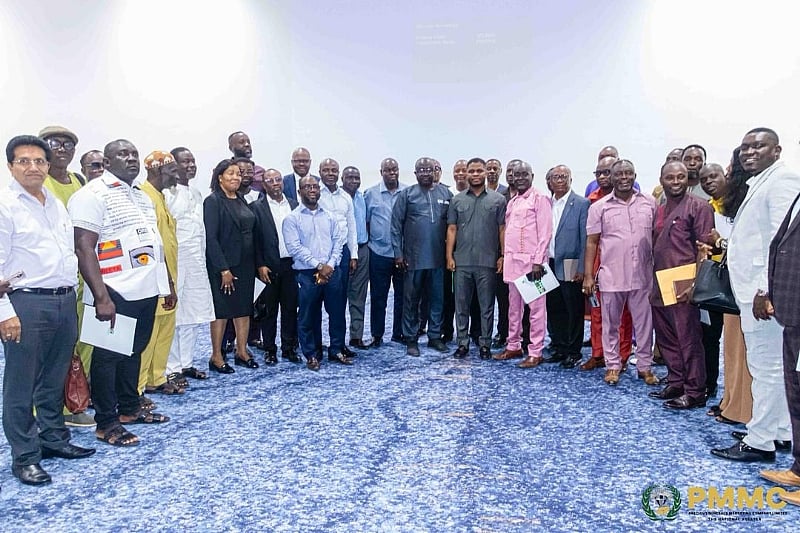The Ghanaian government, represented by the Goldbod Technical Committee, embarked on a significant initiative to solicit stakeholder feedback on the legal framework for the impending Ghana Gold Board. This move underscores the government’s commitment to establish a robust and transparent gold sector that benefits all players, especially small-scale miners, while promoting sustainable practices. The consultation, held in Accra, brought together a diverse range of stakeholders, including representatives from small-scale mining associations, the Ghana Chamber of Mines, bullion traders, jewelers, gold dealers, and civil society organizations. This inclusive approach highlights the government’s recognition of the multifaceted nature of the gold industry and the importance of collaboration in shaping effective regulations.
The core focus of the discussions revolved around structuring the Ghana Gold Board to effectively govern and streamline the gold sector. Stakeholder input centered on critical aspects such as licensing, trade regulations, and oversight mechanisms, with the overarching goal of enhancing transparency and efficiency. This participatory process aimed to address concerns, incorporate diverse perspectives, and build consensus towards a regulatory framework that fosters sustainable growth and responsible mining practices. The discussions served as a platform for stakeholders to voice their needs and contribute to a framework that fosters a level playing field for all participants.
Sammy Gyamfi Esq., the Acting Managing Director of the Precious Minerals Marketing Company (PMMC) and chair of the Goldbod Technical Committee, reiterated the government’s dedication to creating a well-regulated gold sector that benefits all stakeholders. He emphasized the importance of the Gold Board in formalizing the sector, improving revenue mobilization, and combating illegal mining activities. Gyamfi assured participants that their input would be integral to the development of the legal and operational framework of the Gold Board, emphasizing the government’s commitment to collaborative governance. This commitment to incorporating stakeholder feedback reinforces the government’s dedication to building an inclusive and representative regulatory body.
The establishment of the Ghana Gold Board represents a pivotal step towards formalizing the gold sector, enhancing revenue generation for the nation, and curbing illicit mining operations. It is envisioned to serve as a crucial regulatory body, overseeing gold trading, ensuring adherence to international best practices, and maximizing the economic benefits derived from Ghana’s gold resources. The Board’s mandate to regulate and monitor gold trading activities aims to create a more structured and transparent market, boosting investor confidence and contributing to sustainable economic growth. Furthermore, the focus on international best practices signifies a commitment to responsible mining and environmental protection, aligning Ghana’s gold sector with global standards.
The Goldbod Technical Committee expressed appreciation for the invaluable insights provided by the stakeholders and pledged to maintain ongoing engagement throughout the establishment process. Further consultations and technical reviews are planned to ensure a comprehensive and robust legal framework for the Gold Board. This iterative approach demonstrates the government’s commitment to transparency and inclusivity, seeking to refine the framework based on continuous feedback and expert analysis. By incorporating diverse perspectives and expert knowledge, the government aims to create a resilient and effective regulatory framework that addresses the complex challenges facing the gold sector.
The future Ghana Gold Board is poised to play a pivotal role in transforming the nation’s gold industry. By enforcing regulations, promoting best practices, and facilitating transparent trading, it aims to create a level playing field for all actors, from small-scale miners to large corporations. This regulatory oversight is intended to foster sustainable growth, enhance revenue generation for the country, and contribute to responsible resource management. Ultimately, the Gold Board’s success will be measured by its ability to balance the economic interests of the nation with the social and environmental needs of its communities, paving the way for a more sustainable and equitable future for Ghana’s gold sector.


